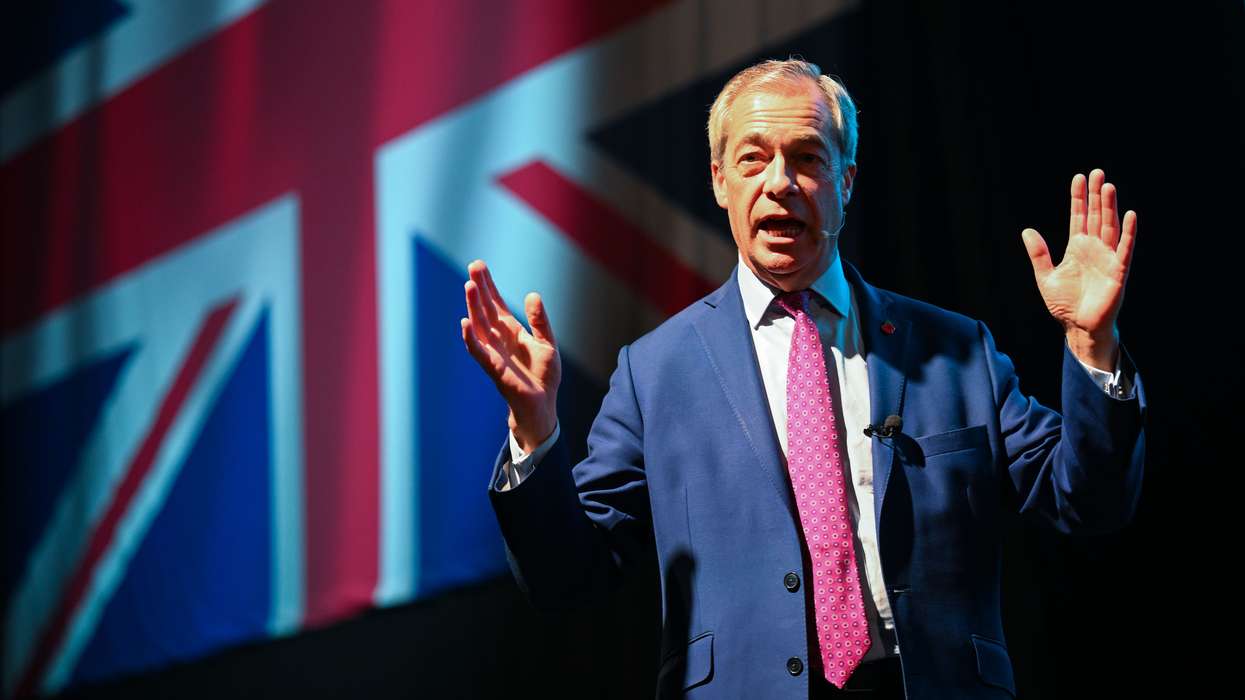INDIA bowled out Bangladesh for 233 on day four of the rain-affected Test in Kanpur, with Ravindra Jadeja claiming his 300th Test wicket.
Jadeja reached the milestone when he dismissed Khaled Ahmed, caught and bowled, during the afternoon session. Mominul Haque remained unbeaten on 107.
Jadeja, playing in his 74th Test, started the match with 299 wickets and became the seventh Indian bowler to reach the 300-wicket mark. Anil Kumble tops the list with 619 Test wickets.
Jasprit Bumrah took three wickets, while Mohammed Siraj, Ravichandran Ashwin, and Akash Deep picked up two each.
Bangladesh resumed their innings at 107-3 after rain and a wet outfield had washed out play on Saturday and Sunday.
Mominul, starting the day on 40, brought up his 13th Test century before lunch, hitting a boundary off Ashwin. He removed his helmet and bowed to celebrate.
Bumrah made an early breakthrough, bowling Mushfiqur Rahim for 11 with a ball that pitched and nipped back to hit the off-stump.
Litton Das countered with three boundaries off Bumrah in one over but was dismissed for 13 when Rohit Sharma took a one-handed catch at mid-off off Siraj’s bowling.
Siraj followed up by catching Shakib Al Hasan off Ashwin’s bowling for nine, running back from mid-off to complete the catch.
Shakib, who announced his international retirement on Thursday, could be playing his last Test match.
Only 35 overs had been possible on the opening day before bad light stopped play shortly after lunch.
India leads the two-match series 1-0, having won the first Test in Chennai by 280 runs.
(With inputs from agencies)




